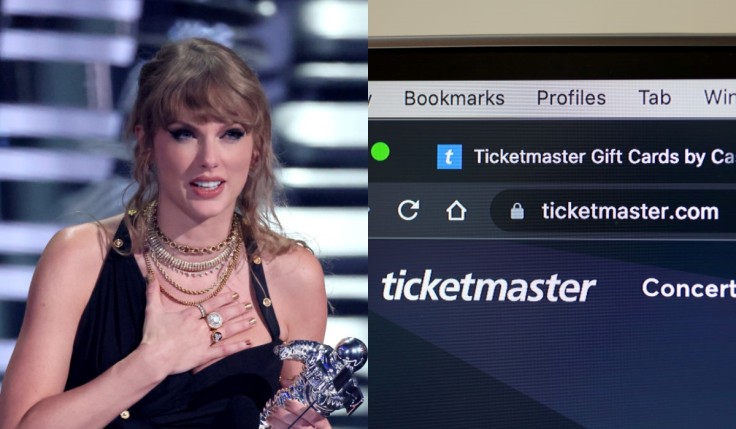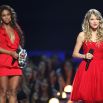
The Internal Revenue Service will follow a new Tax Law to crack down on scalpers and prevent unjust and inequitable schemes of people who buy and sell concert tickets.
The whopping prices of concert tickets already shocked fans, but the resellers' prices left them breaking down even more because of scalpers' scheme in selling them to fetch as much "earnings" as they can. This year, tickets to Taylor Swift, Beyoncé, Bruce Springsteen and more musicians reached whopping marks because of scalpers, but the IRS now has a solution to control the scalpers.
IRS' New Tax Law Explained
Wall Street Journal confirmed that the IRS would start implementing the law to make people earning more than $600 on ticket resales pay taxes in the U.S.
The new tax law, which is part of the American Rescue Plan Act, urges companies like Ticketmaster to report customers who gain more than $600 in resale tickets.
"Payment apps and online marketplaces are required to file a Form 1099-K if the gross payments to you for goods and services are over $600," the IRS said. "The $600 reporting threshold started with tax year 2023. There are no changes to what counts as income or how tax is calculated."
Initially, companies had to submit a 1099-K form to people who made more than $20,000 through 200 or more transactions per year.
IRS previously went after Swift's concert ticket resellers in 2022 after reports on scalping emerged.
A "Taylor Swift law" in Brazil also shares the same goal, giving penalties to scalpers, including up to four years in prison and fines up to 100 times the original ticket price.
Brazilian Chamber of Deputies representing São Paulo member Simone Marquetto introduced the bill and told the Brazilian newspaper Estadão that she received requests to create such a bill.
Meanwhile, Brazilian news outlet Globo said that scalpers became violent to buy tickets for resale. Ten of them were detained in 2022 alone for attempting to secure tickets at several points of sale.
"The exploitation of the Brazilian population by so-called 'scalpers' at any paid events expected to see a big public influx is public and notorious," the bill reads, as translated by Brazilian Report. "These tickets touts' activity deprives the less fortunate, preventing them from attending the desired show, and constitutes a true crime against the public economy."
© 2026 MusicTimes.com All rights reserved. Do not reproduce without permission.




